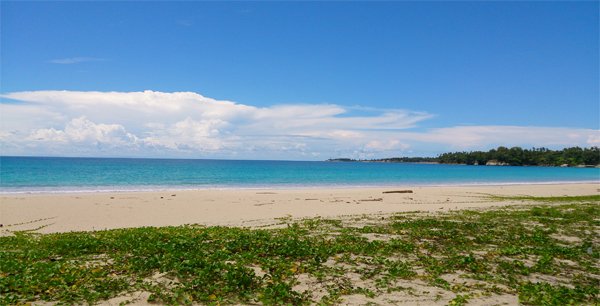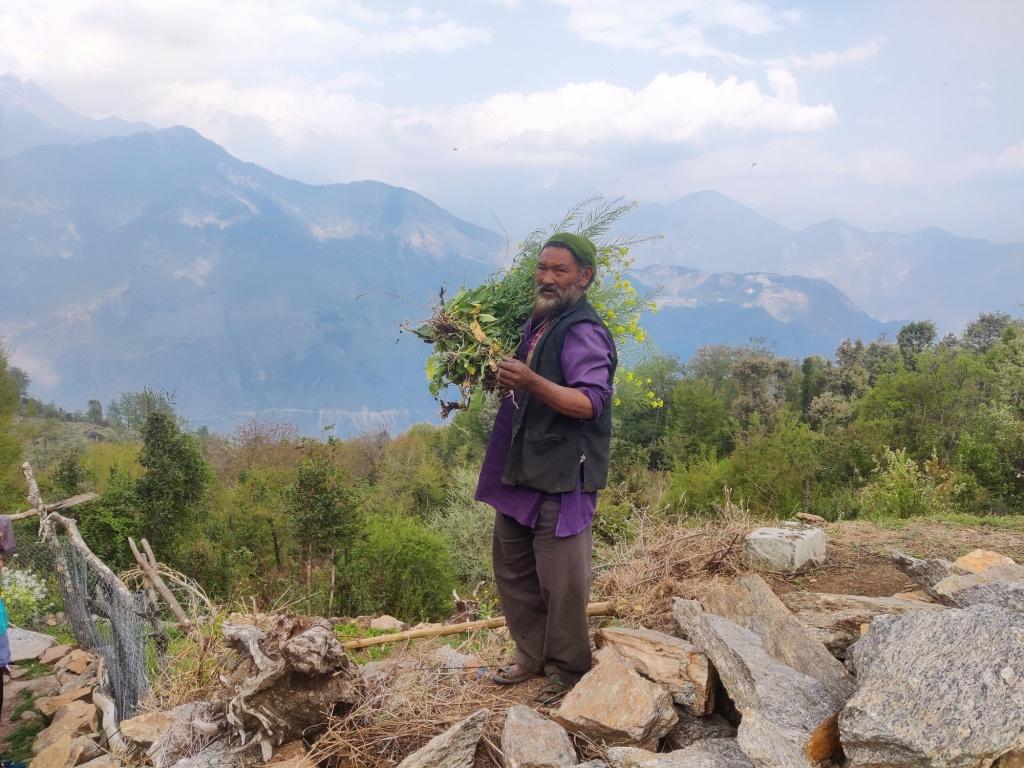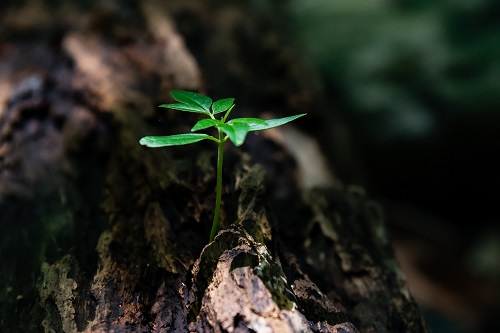The tropical Andaman and Nicobar Islands are one of our last pristine ecosystems. The Andaman and Nicobar Islands are located at a sensitive area in the Bay Of Bengal. And now,with a budget of ₹70,000 crore, India’s Union Ministry of Environment, Forest and Climate Change (MoEFCC) has approved the project called ‘Holistic Development of Great Nicobar Island’.
India leads the polity of countries with an aspiring vision to achieve net zero and mitigate climate change. However, with the acceptance of this project, people of India stand confused about the policy maker’s stand on sustainability and climate action.
Andaman and Nicobar Islands are located in the most severe seismic zone. In recent memory, is the absolute devastation that these vulnerable islands faced during the 2004 Tsunami. Every infrastructural projects are at risk of erosion, earthquakes, cyclones and tsunamis. The facts are documented in the public domain.
Projects like ‘Holistic Development of Great Nicobar Island at Andaman and Nicobar Islands’ will have adverse effects on a unique habitat found nowhere else on the planet. Firstly, it affects India’s iconic Giant leatherback turtles. Next, the Shompen, one of least studied Vulnerable Tribal Groups (PTGs) in the world. Finally, the project demands logging of 8.5 lakh trees which will devastate the island’s ecosystem already dealing with climate change and rising ocean levels.
The 2023 Gross Domestic Climate Risk Ranking by the XDI (Cross Dependency Initiative) has found that India has the highest number of states facing the risks due to extreme events. In such a grave situation, it is expected from the government to formulate action plans to minimise risks.
Recently, the Reserve Bank of India (RBI) auctioned India’s first sovereign green bonds (SGrB). The issuance of green bonds aims at achieveing India’s Nationally Determined Contribution (NDC) targets and the five nectar elements of India’s climate action.
To understand better about the Sovereign Green Bonds,the government has released a document titled Framework for Sovereign Green Bonds. The document details various aspects of the bond including the usage of the proceeds raised from Sovereign Green Bonds.
Interestingly, the green bond proceeds is said to be used for natural resource conservation, afforestation and reforestation, protection of marine life, coastal areas and other projects related to biodiversity preservation. However, if the government is planning to move forward with the Great Nicobar Project, it goes against the precept of green recovery.
A compensatory afforestation project in Haryana, Aravalli will not save a distinctive ecosystem in Andaman. The marine life, animals, birds and tribes in Andaman cannot be uprooted from their territory and transplanted in an inland state. It will disturb both the regions and create irreversible effects on our communities and ecosystems.
Moreover, transparency and compliance is one of the key elements in the green bond market. Endorsement of such projects can tarnish credibility and reputation of India in the green bond markets globally. For instance, China dropped the plan to fund “clean coal” using green bonds as it was criticised by international investors and many environmental groups.
Infrastructural development is needed for a nation to prosper. However, at this point of time, projects should be chosen in such a way that it ensures total development. With the release of Climate Change 2023: Synthesis Report by The Intergovernmental Panel on Climate Change (IPCC), the importance of taking actions to preserve the planet is well understood.
The second G20 Environment and Climate Sustainability Working Group (ECSWG) meeting came to an end asserting “their commitment towards combatting the environment and climate crisis, but with a renewed sense of urgency.” Let us read, research and act on The Great Nicobar Holistic Development Plan.
As we celebrate this year’s Earth Day on 22nd April, let us as a people and as a country stay true to this year’s theme – ”Invest in Our Earth.”
At The Ecopreneur, we are committed to seeding and harvesting green innovation in India. We are happy to see that our efforts are helping to develop the ecopreneurship ecosystem.
Photo: Passa Shore side via https://nicobars.andaman.nic.in/gallery/view-of-nicobar-district/
—o0o—




